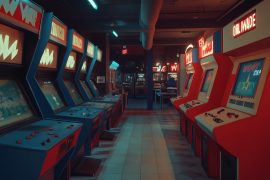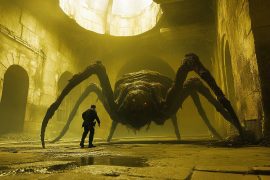There’s something deeply personal about watching a game with tremendous potential slowly wither away. I’ve played my share of abandoned MMOs and live service games over the years, but none has stung quite like Red Dead Online. I still remember that first night when the beta dropped in November 2018. I’d taken the next day off work – called in with a suspiciously convenient “stomach bug” – and stayed up until 4 AM creating my character, Arthur Davidson (an homage to both Arthur Morgan and my grandpa’s old motorcycle). The promise of living in that meticulously crafted world with friends felt like the culmination of everything I’d ever wanted from a western game. I was ready to build my own story in Rockstar’s masterpiece of a world. What could possibly go wrong?
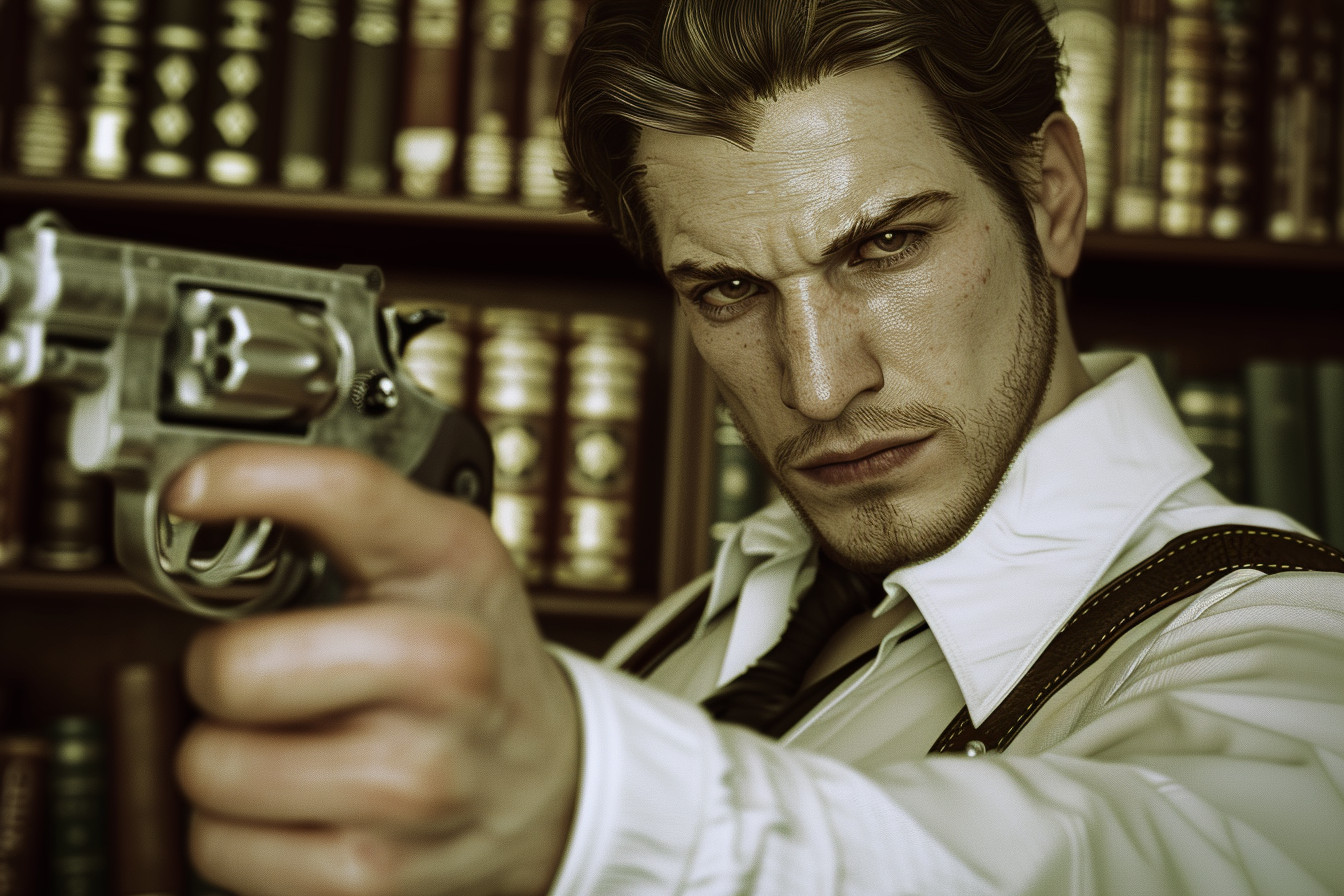
The early days were admittedly rough but exciting. Content was sparse, but man, the potential was palpable. My gaming group – the same guys I’ve played with since our dorm room Halo tournaments – would meet up nightly to hunt, fish, and engage in the occasional shootout with other posses. We’d roleplay elaborate heists using the basic mission structure available, filling in the narrative gaps ourselves. “Remember when Dave’s horse glitched and launched him off that cliff outside Strawberry?” became our running joke for months. Those organic moments of emergent gameplay in such a gorgeous, detailed world made up for the lack of structured content. For a while, anyway.
Then the real Red Dead Online updates began rolling out, starting with the Frontier Pursuits in September 2019. The introduction of specialist roles genuinely felt like the game was finally finding its identity. The Trader role spoke to my methodical, business-minded approach to games – I’d spend hours hunting perfect specimens, maximizing that materials-to-goods ratio like I was running an actual 19th-century business. Meanwhile, my buddy Mike went all-in on the Bounty Hunter role, customizing his character with that ridiculous skull eyepatch and bandoliers. He’d drag us into shootouts that my trader-optimized ability cards were definitely not prepared for. Those early role dynamics created this perfect ecosystem of complementary gameplay styles.
The Moonshiner update in December 2019 built on that foundation brilliantly. The day my posse and I finally saved enough to buy that dilapidated shack outside Tall Trees felt like a genuine accomplishment. We’d named our moonshine “Davidson’s Doom” (continuing my character’s backstory) and spent way too much time perfecting recipes and decorated our bar with careful deliberation. The story missions featuring Maggie and Lem were surprisingly engaging – voiced characters with actual personality in our online experience! Those bar slap fights and drunken dancing sessions after completing a difficult delivery remain some of my favorite gaming memories from that winter. The gameplay loop was satisfying: craft moonshine, defend your operation, make deliveries, enjoy the fruits of your labor with friends. It felt cohesive in a way few online experiences do.
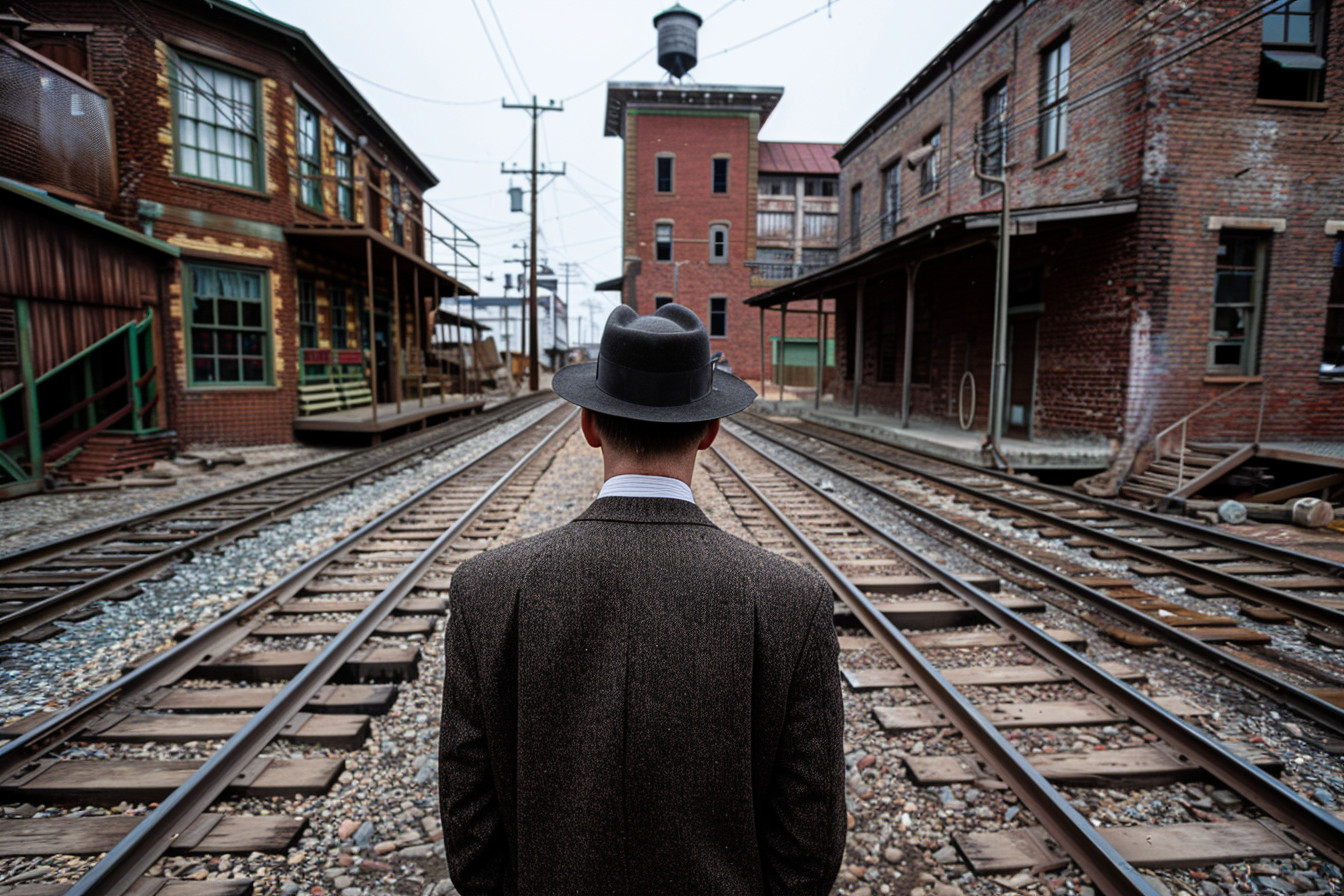
But cracks were already showing in Rockstar’s commitment. While GTA Online received substantial updates with new heists, properties, and gameplay mechanics, Red Dead Online’s updates started to feel increasingly anemic. The Naturalist role dropped in July 2020, and while I genuinely enjoyed the photography aspects and the collection challenges, it didn’t add the same depth as previous roles. The core gameplay loop – sedate animals, take samples, sell to Harriet, occasionally get sprayed in the face with God-knows-what – got repetitive fast. The legendary animals were a highlight, but finding them often meant hours of server-hopping and frustrated wandering. My posse started meeting up less frequently, our Discord channel growing quieter.
The economy issues never really got resolved either. The gold bar grind remained punishing for new players, creating this weird two-tier community of established players who’d been there since the beginning and newcomers facing an uphill battle to access content. I still feel a little guilty about how we’d tell new players, “Oh, just do your daily challenges for 28 consecutive days to get the multiplier, then it gets easier!” as if maintaining a month-long daily gaming commitment was totally reasonable. I did the math once – a new player wanting to access all roles would need to grind for weeks or open their wallet. Meanwhile, veterans like me had nothing meaningful to spend our accumulated wealth on.
The “Prestigious Bounty Hunter License” update in December 2020 was when I first accepted that something was fundamentally wrong with the game’s direction. Ten more bounty hunter ranks and a few legendary bounties did not constitute a major update, especially when I looked over at GTA Online getting the massive Cayo Perico Heist the same month. The disparity in support became impossible to ignore. My friends started drifting away one by one, heading back to other games. “Hit me up when they add proper heists or properties,” Dave said before disappearing into Destiny 2. He’s still waiting for that notification.
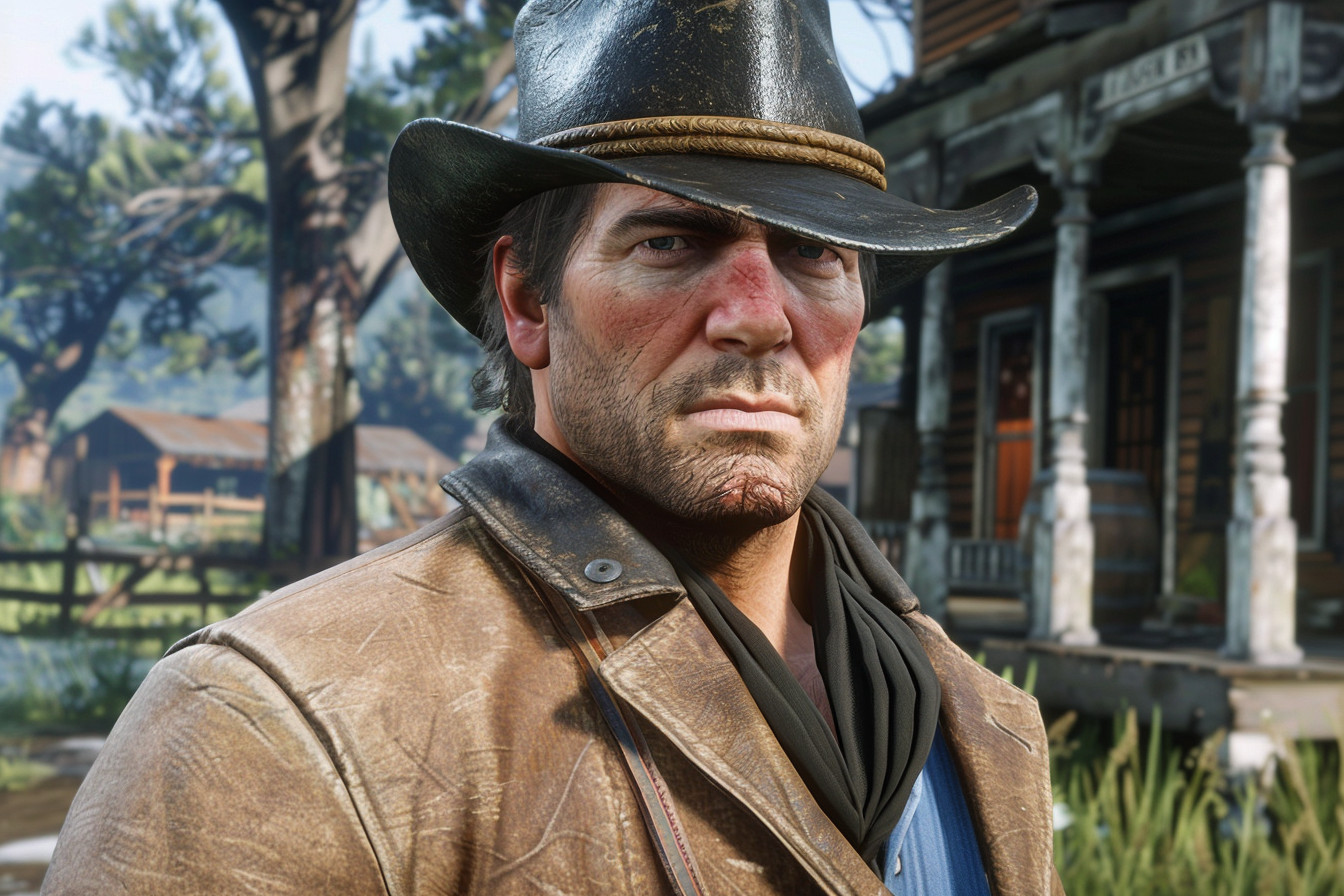
By the time the Blood Money update arrived in July 2021, our once-active posse was down to just me and occasionally Mike when he could be pried away from Apex Legends. The Capitale system felt needlessly convoluted, and the payouts didn’t justify the effort. The “crimes” were essentially reskinned stranger missions, and the “opportunities” – while offering some nice cinematic moments – didn’t provide the robust, replayable content the community had been begging for. I remember completing the final Jewel opportunity and thinking, “That’s it?” Mike didn’t even bother to come back and see it.
The missed opportunities still bother me when I think about them. The single-player experience had set such a high bar with complex heists, property acquisition, business management, and a living world full of random encounters. Why couldn’t they bring those elements online? I’d fantasized about my posse planning elaborate bank heists in Saint Denis, buying and upgrading properties beyond the moonshine shack, or even something as simple as robbing the damn trains that constantly teased us as they rolled through the world. The foundation was there in the code – they just never built upon it.
The player count decline became noticeable in-game, too. The vibrant servers of 2019 gave way to ghost towns by 2022. I’d ride for twenty minutes without encountering another player. The community took matters into their own hands, organizing events like “Save Red Dead Online” day, where players dressed up as clowns to protest the lack of updates. I joined in, posting screenshots of my clown-faced character to Twitter with the hashtag. It was simultaneously heartwarming to see the community rally and heartbreaking that we felt we needed to.
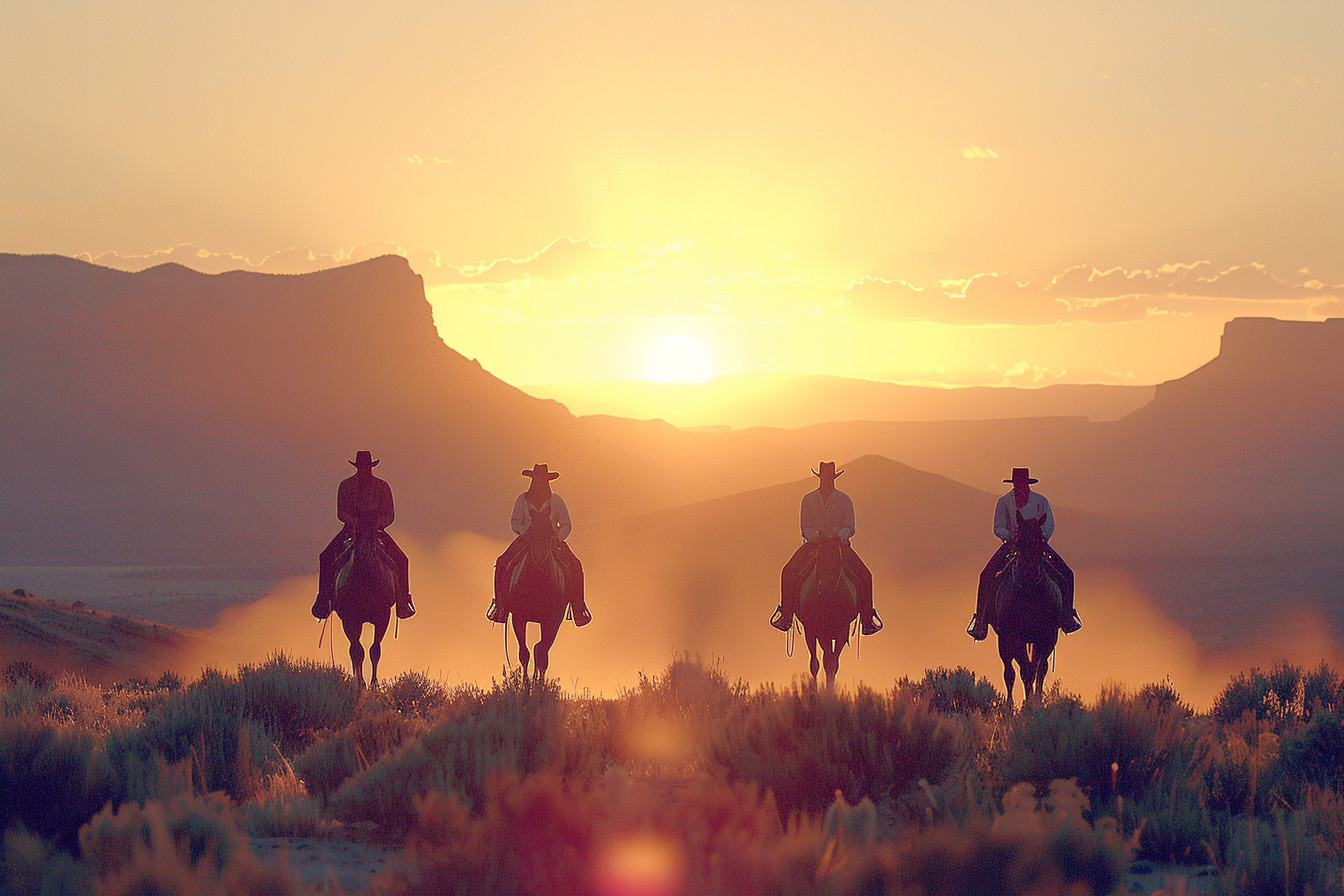
The final blow came in July 2022, when Rockstar effectively announced they were scaling back RDO development to focus on GTA 6. Not in those exact words, of course – corporate communications never admit defeat so plainly. Instead, we got vague statements about “continuing to highlight and share the creative efforts of our Red Dead community” while they moved “more development resources” to the next Grand Theft Auto. Translation: Here’s a pat on the head while we abandon the game.
I still log in occasionally, usually after a couple beers when nostalgia hits hard. The world remains stunning – riding through the misty forests of Roanoke Ridge at dawn or watching the sunset paint the mesas of New Austin in brilliant oranges and reds. The ambience is unmatched – distant thunderstorms, wildlife interactions, NPC conversations that I somehow still haven’t heard all of. It’s like visiting an exquisitely detailed museum after hours – beautiful, but static and lifeless compared to what it could have been.
What frustrates me most is that Red Dead Online didn’t fail because of poor design or lack of player interest. It failed because of corporate prioritization. GTA Online’s microtransaction revenue simply dwarfed RDO’s potential, and allocating resources became a simple business decision. I get it – I’ve sat through enough quarterly budget meetings in my marketing career to understand how these decisions get made. But as a player who invested hundreds of hours and no small amount of money into the game, it feels like a betrayal.
Sometimes I wonder what could have been. Properties to buy across the five states. Train and bank heists that required careful planning and execution. Expanded ranching operations beyond the trader role. Character-driven story content that built on the world’s rich lore. Lawman and outlaw roles that created meaningful player interactions. Mexico opening up as a new frontier. None of these ideas were unreasonable – they were expected evolutions of systems already present in the game.
The community – despite everything – remains one of gaming’s best. The RDO subreddit still shares beautiful screenshots, roleplaying stories, and the occasional meme about Harriet’s spray. Dedicated posses still organize trail rides and fighting tournaments. There’s something bittersweet about their dedication to a game that its own creators have largely abandoned.
I keep my installation updated, just in case. Maybe someday there’ll be a surprise announcement, a change of heart, a recognition of the wild west gold mine they’re letting sit unused. Until then, Arthur Davidson’s story – like Red Dead Online itself – remains unfinished, a promising narrative cut short before reaching its potential. My character stands idle in front of his moonshine shack, waiting for an update that will probably never come, in a world too beautiful and too detailed to have been left behind.

